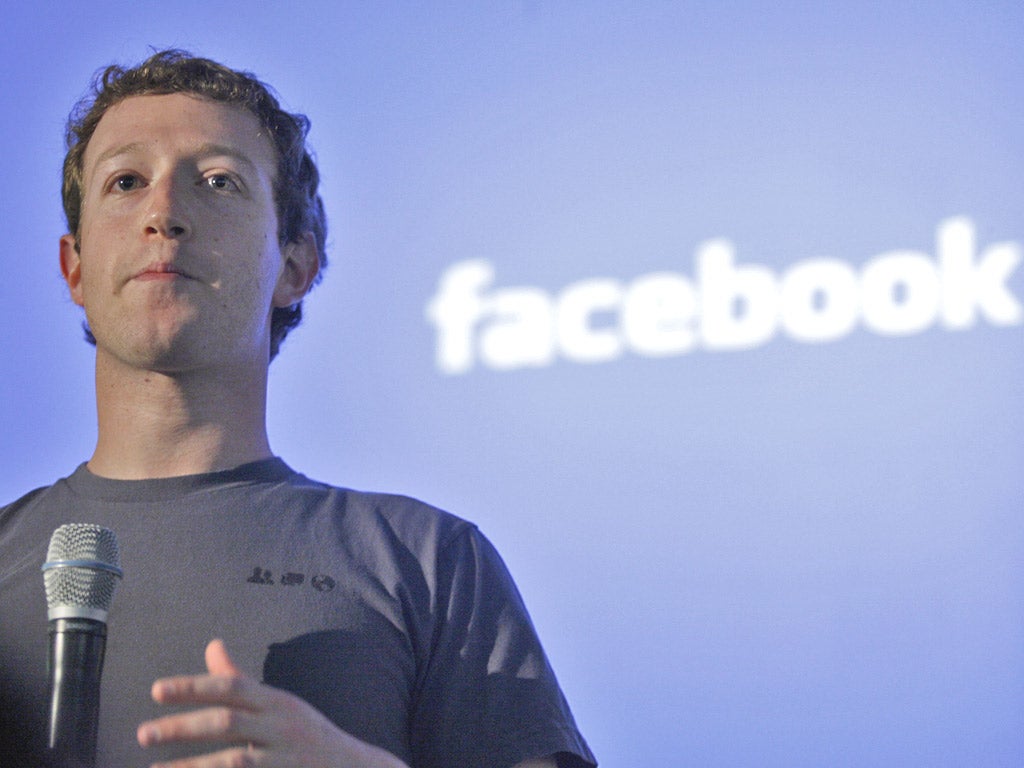Britain needs more entrepreneurs, so let's teach our young people to take risks and innovate
The Dragon and entrepreneur Peter Jones sets out how to kick start Britain's businesses

Last month I challenged Britain’s kids to give this country the entrepreneurial kick it needs. On 5 November 2012, I launched a nationwide competition, Tycoon in Schools that asked children to become entrepreneurs. And this week, we are delighted to announce the winners.
We need children to become entrepreneurs. Youth unemployment might have fallen, but it’s still too high and our economy is still struggling. Moreover, last week Chancellor George Osborne lowered Britain’s growth forecasts to 0.9% this year and 0.7% in 2013. If we want to see improvement, we need a major change of attitude towards business. It’s about rewiring the nation so that winning becomes part of our DNA.
Enterprise education for young people is the answer to this problem. Not least because the contribution they could be making is going to waste. Remember, they are ‘digital natives’ – people practically born tweeting and Facebooking their every move.
Start-ups
And not only that, they are more independent than we ever were. The days of careers with one company are long gone, which means they’re automatically brought up thinking more entrepreneurially. The numbers bear this out. YouGovStone research commissioned by my foundation last year showed that 51 per cent of 14-19 year olds want to be their own boss, and 44 per cent think the best time to start up a business is in your twenties.
This is fantastic news because if just a small percentage of them started businesses in the next decade, think how fast our economic landscape could be transformed. But before we get excited, we must realise that there’s an enterprise gap. A gap that can only be filled if we introduce enterprise and entrepreneurship into our curriculum.
It’s vital because, after all, Nesta research shows that 6 per cent of UK businesses generated half of all the new jobs created in the UK between 2005 and 2008, making entrepreneurs the vital ingredient for economic recovery.
During the Tycoon in Schools competition, the students were tasked with writing business plans, forecasting their profit and loss (P&L) and pitching for funding from me (as the adults do in Dragons’ Den). The challenge was simple: make as much profit as you can within a month.
But I didn’t throw money at them willy-nilly. The kids had to face some of the cold hard truths about business. And now trading has ceased, the students are asked to repay their original loans and donate any profits to a good cause.
The American way
Children need to be introduced to these ideas early. We need to embed within them an entrepreneurial dream. Our counterparts in the US are masters of this – their kids are brought up thinking they can be whatever they want to be. Their “American Dream” pushes millions to try for the “unrealistic” and “unlikely” – and consequently they give birth to the Mark Zuckerbergs and Steve Jobs’ of this world. We need our children to have this attitude – and to develop their very own British Dream.
The students I’ve met during the competition have more than enough ambition and creativity for this. From the outset I saw fantastic business plans for cake stalls, entertainment centres, and pop-up photographic studios. All they needed was the chance to realise their ideas and turn them into a business.
I would like to congratulate Eleanor Bullough from The Da Vinci Studio School for being crowned the Ultimate Tycoon in Schools with her arts and crafts business named Boo’s Bits and Bobs. If we’re going to make the next decade the most entrepreneurial in our history, let’s start with the kids.

Join our commenting forum
Join thought-provoking conversations, follow other Independent readers and see their replies